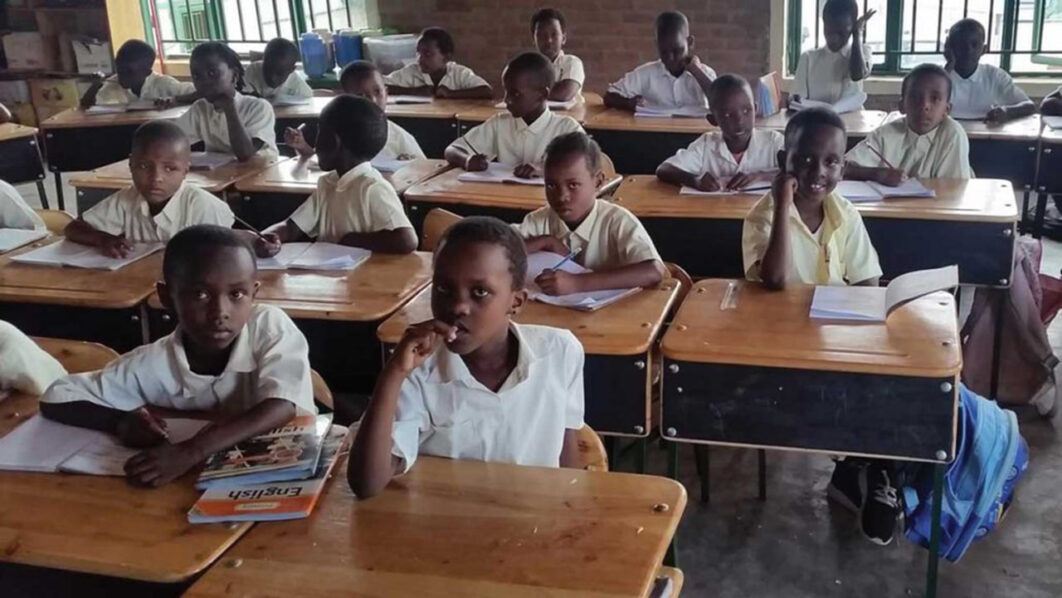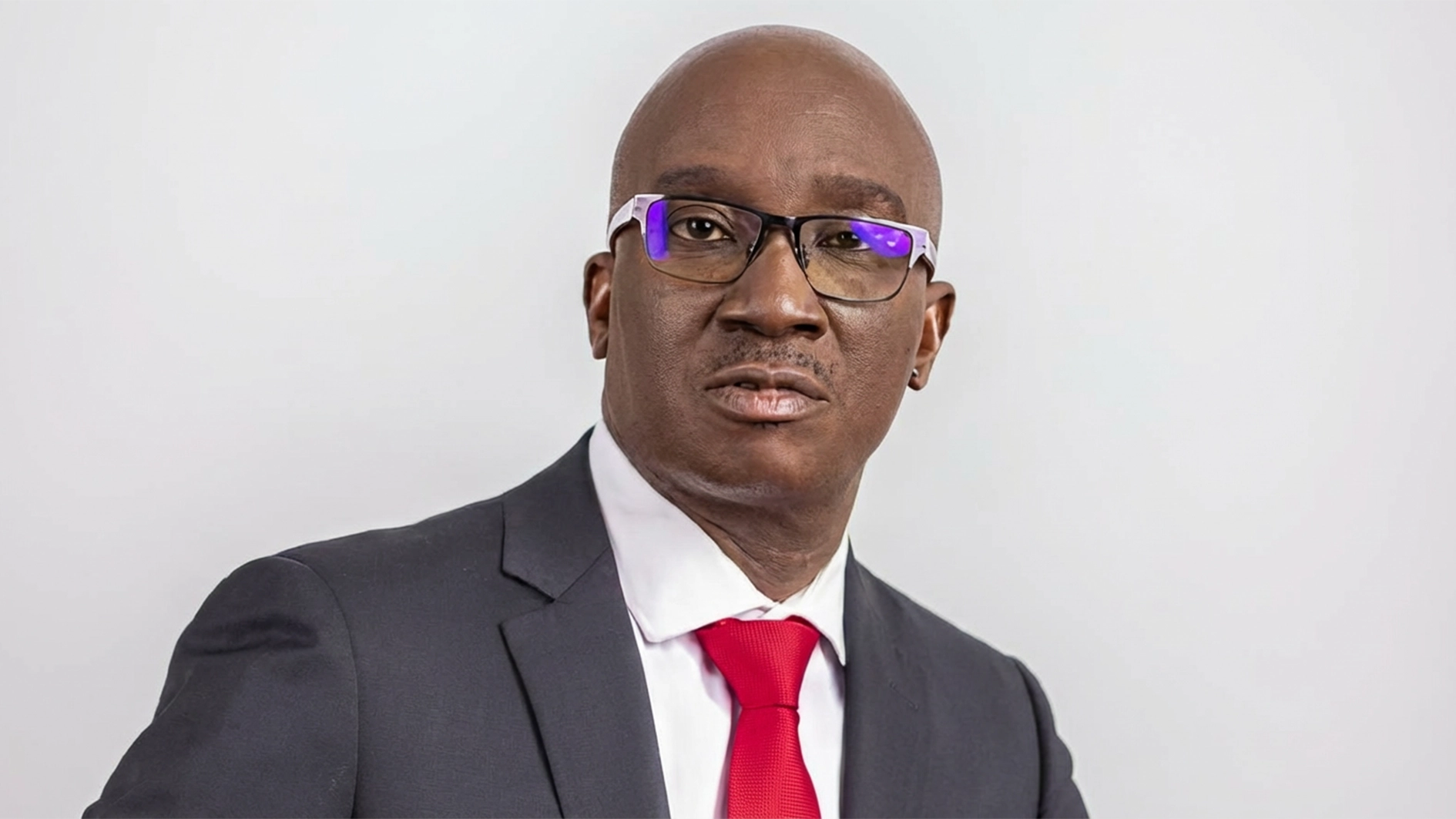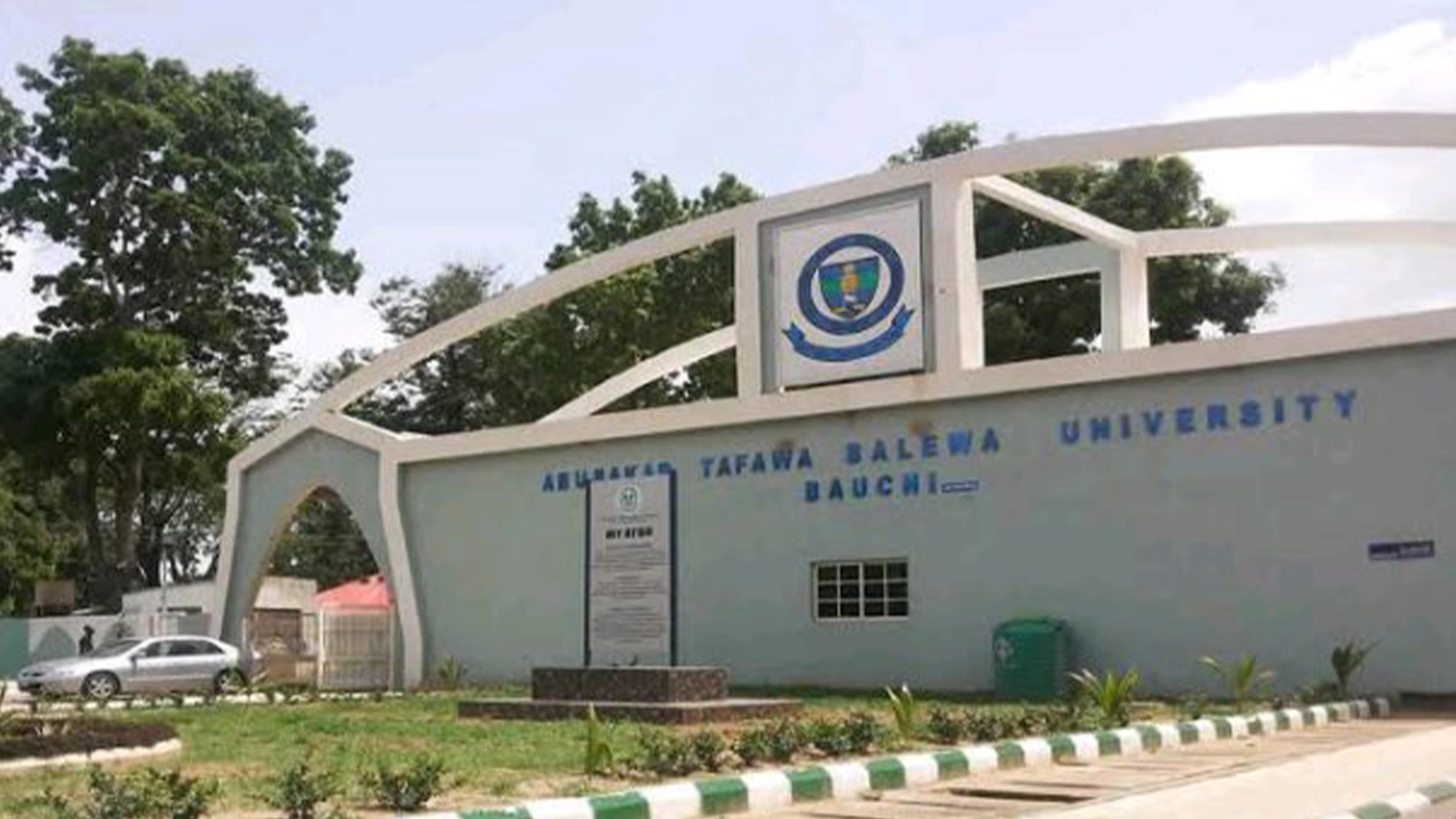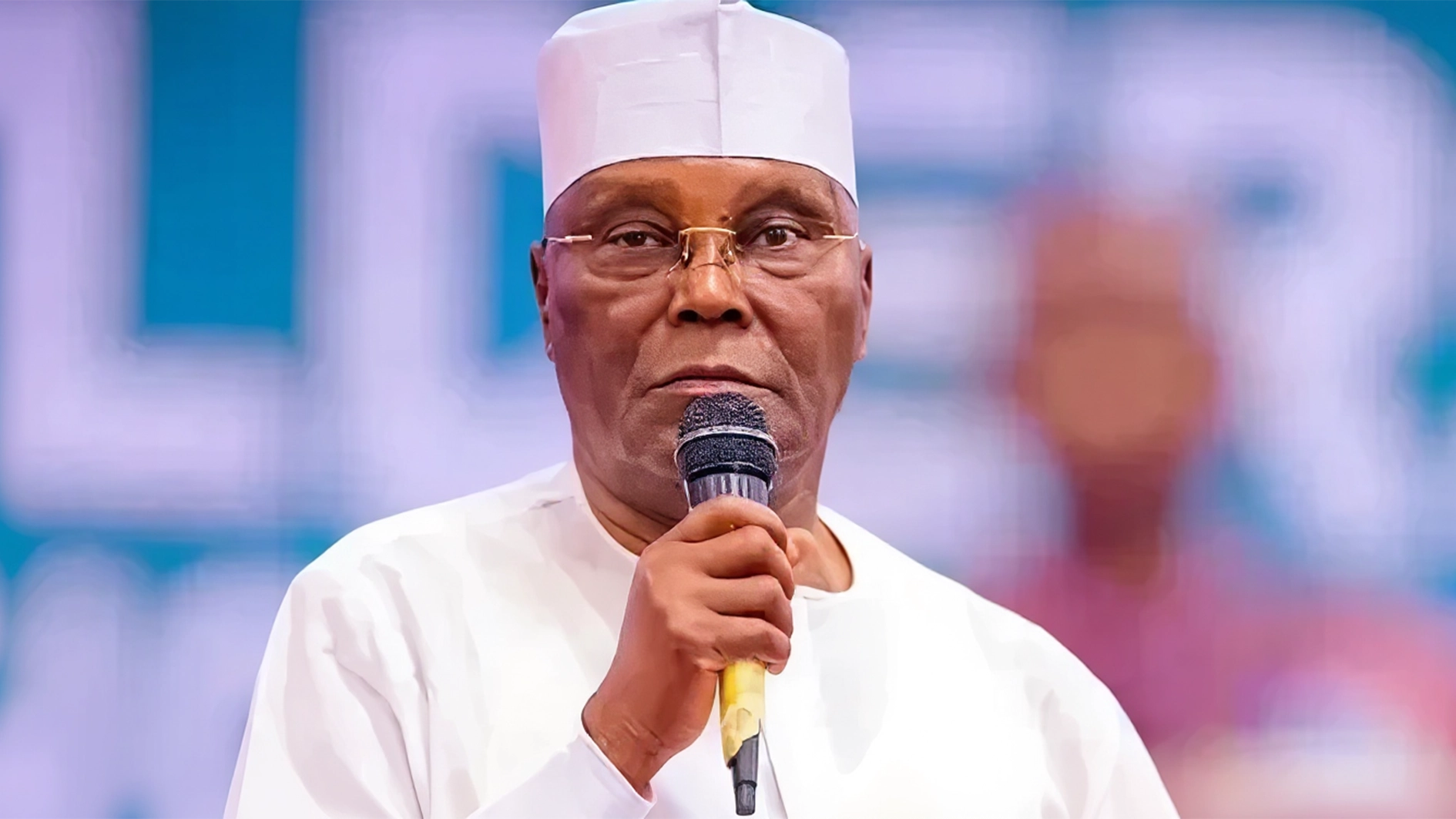
Nigeria’s young impressionable schoolchildren are daily buffeted by indecent proposals by those who should care for them. In this piece, IYABO LAWAL examines how vulnerable the kids are and the sad inability of many schools and the government to halt and prevent the menace.
Last year, the headmaster of a school in Lagos State was caught pants down having sexual intercourse with a Primary Five pupil in one of the school’s toilets.
“That wasn’t the first time,” the poor child told social workers.
Similarly, two Basic Three girls in a private school were found to be exhibiting some curious sexual behaviour.
“By the time we encouraged them to talk about it, promising them no one will discipline them, they revealed that a male teacher in the school had been showing them pornographic videos and materials. More unfortunate is that during those times, he fondled their private parts and encouraged them to fondle his. He also urged them to fondle each other’s private parts,” the proprietress, who spoke on condition of anonymity, said.
Few months after, in another school, a 15-year-old girl was discovered to be pregnant. It took a lot of persuasions to get the girl to divulge the person who impregnated her.
“He warned me that I would die if I told anyone he had been having sex with me. He didn’t know I am pregnant. He had been having sex with me almost every week,” the abashed girl said.
The culprit was her biology teacher – married, a father of four kids, a girl and three boys.In a daycare centre, a young nanny was found to be in the habit of rubbing the penises of toddlers on her genitals and getting them to suck her breasts.
Early this year, a young man on National Youth Service Corps (NYSC) scheme, serving in a junior secondary, posted on Facebook that there was an 11-year-old boy he was in love with, but he did not know how to approach him.
The online post showed that young children can be exposed to homosexual acts long before they can realise it is an unnatural sexual disposition. The Chairman of the Independent Corrupt Practice and Other Related Offences Commission (ICPC), Dr. Musa Aliyu, recently, expressed concern over increased cases of sexual harassment in primary and secondary schools across the country.
Aliyunoted that until there are heavy consequences against offenders, the menace would continue to be on the increase.He said a major way to decisively address the situation was through a consistent, persistent, focused, and united campaign.
Nigerian schools and other educational centres seem to have become a fertile ground for child sexual abuse. Nothing worries parents more than that.
As the plague of child sexual abuse erodes the moral and social fabrics of schoolchildren, schools and parents appear helpless and clueless concerning what to do.
Worried by the trend, the Federal Government,in 2019, launched its first National Sex Offender Register to name and shame perpetrators. Checks revealed that only Lagos State has been active in naming and shaming sexual offenders, while only 10 out of 36 states, including the Federal Capital Territory (FCT), have adopted the law.
They include Lagos, Ekiti, AkwaIbom, Ogun, Edo, Kaduna, Abia, Adamawa, Bauchi, and Bayelsa. Only four states—Lagos, Ekiti, Akwa-Ibom, and Edo—have so far published full details of the offenders.
Sadly, these registers are not updated regularly, thereby defeating the aim for which it was implemented in the first place.The facts and figures of sexual molestations of schoolchildren in Nigeria are grim.
According to a 2022 United Nations Children’s Fund (UNICEF), six out of 10 children in the country are made to experience sexual abuse before the age of 18.
That may pale into insignificance when compared with the fact that some of these sexual violations come in the form of rape.
Corroborating that fact is the Positive Action for Treatment Access’s report that more than 31 per cent of girls had their first sexual encounter through rape.
Specifically, at least 1,200 girls were raped in Rivers State in 2021 according to the Centre for Environment, Human Rights and Development.
In that same year, a four-year analysis of sexual assault cases at Lagos State University Teaching Hospital (LASUTH) revealed that out of a total 287 reported cases, 83 per cent of the victims were below the age of 19.
And in its 2022-2023 study on sexual abuse, Enugu State University Teaching Hospital (ESUTH), found out that 70 per cent of sexual assault victims were under the age of 18.
Sex still remains a subject discussed in hush tones at many homes, leaving ignorant kids potential and vulnerable preys of sexual predators in schools. Many campaigns have been made about sex education being included on the academic menu of schools for children.
However, not a few people, especially parents, are apprehensive such education may go wrong. In the end oftentimes, the kids learn about sex the hard and unfortunate ways.
Child sexual abuse may be described as a situation when an adult has any sexual activity with a minor with or without the child’s consent. Such sexual activity may include rape, oral sex, touching a child’s sexual organs, and showing pornography to a child.
According to experts, sexually abused children perform less than their classmates. They feel distracted and withdrawn from other students, teachers, and then, from their studies. A sexually abused female student may develop a strong dislike for male teachers, which will result in poor academic performance.
Kids sexually molested may also yield to truancy. They may become fearful of the sexual predators and tend to run away from school as they are not bold enough to report the erring teacher.
In 2022, one Aisha Tokura, the founder of Twin and I Child Care Foundation in partnership with the National Agency for the Prohibition of Traffic in Persons (NAPTIP) and the Youth Reformation Centre (YRC) waged a campaign against child sexual abuse.
“We’ve done a programme on ‘stop child sexual abuse’ in some select schools. We are targeting about 15 schools in the first round of campaigns. It is enlightenment about child sexual abuses and to tell them (kids) how to prevent it from happening. In that process, the idea is that children do not feel compelled or forced to do something they don’t want to do.
“We are also encouraging them to speak out when abused. We realised in the schools that some of the students are afraid to talk. So, to encourage the students to talk, in each school we visit, we set up clubs; it’s easy for the students to come to us and tell us what is happening to them,” Tokura said.
Speaking further she noted, “With the clubs, we are also hoping to build an army of educators on child sexual abuse among the students so they can educate their fellow students.”
“We are creating awareness, but also trying to identify the ones that have been abused in schools so we can counsel them and see how we can mitigate the damage child abuse has done to their psyche,” Tokura noted.Education and psychology experts noted that prevention is better than cure.
They urged parents to ensure that as part of the things they look out for in enrolling their kids in a particular school is the moral integrity of the teachers and other workers.
Dr Bola Oyeleke, a psychologist, encouraged parents to teach their children, no matter how awkward it may be, sex education.
Oyeleke also emphasised the need to rehabilitate children who are already abused sexually.
Weighing in on the issue, Margaret Udoh, Chairperson of National Council of Child Rights Abuse of Nigeria, said child sexual abuse is one of the crimes that should have stricter penalties in Nigeria.
Public analyst, Dr Tony Iweagbu, said the strategies for addressing themenace should include provision for counselling services, engagement of parents and creating public awareness by involving all critical stakeholders in the campaign.
“This is because a major concern from the UNICEF study was the lack of counselling units and professional counsellors to manage cases of violence in many of our schools across the country. Government should also begin to formulate policy guidelines for addressing the problem in many of our schools,” Iweagbu stated.
For Dr FisayoAdebimpe, a Clinical Psychologist at Ladoke Akintola University of Technology (LAUTECH), Ogbomoso, there is a need to create awareness among pupils through psycho education classes.
She said they should be able to give appraisal and feedback of their experiences, adding that most times, avenues to vent are limited. She urged parents to be up and doing and be responsible to their children, by asking questions and also be emotionally sensitive to their children needs.
Deputy National President, National Parent Teacher Association of Nigeria (NAPTAN), Chief Adeolu Ogunbanjo, said: “It is rather unfortunate to hear about this – sexual harassment becoming prevalent in primary and secondary schools. That is very worrisome and condemnable. But that should now make us think about how, at primary level, we should now embrace Civic Education and examination should be administered on it. That should help. All eyes must be particularly on the schools. For secondary schools, guardians and counsellors now have much to do to address the situation.”
Ogunbanjo noted that principals should collaborate with heads of department for strict monitoring and ensuring perpetrators are duly sanctioned and prosecuted.
Nigeria, being one of the countries of the United Nations that signed the Convention to the Rights and Welfare of the Child, analysts said, has done little to protect the nation’s future leaders.
According to the convention, children have the right to survival; the right to develop to the fullest; right to protection from harmful influences, abuse and exploitation, and to participate fully in family, cultural and social life.
It remains to be seen when the government will begin to name, shame and nail child sex offenders by publishing their names and photos, so that the public can be aware of the potential danger of having such ones being close to their children.
The repercussions of child sexual abuse are enormous and tackling the menace cannot be left to chance or wishful thinking.Schools are encouraged to make it one of their policies that there are no special relationships formed with schoolchildren whether of the opposite or same sex. They are also encouraged to ensure that at no time is a teacher alone with a pupil away from public glare.






